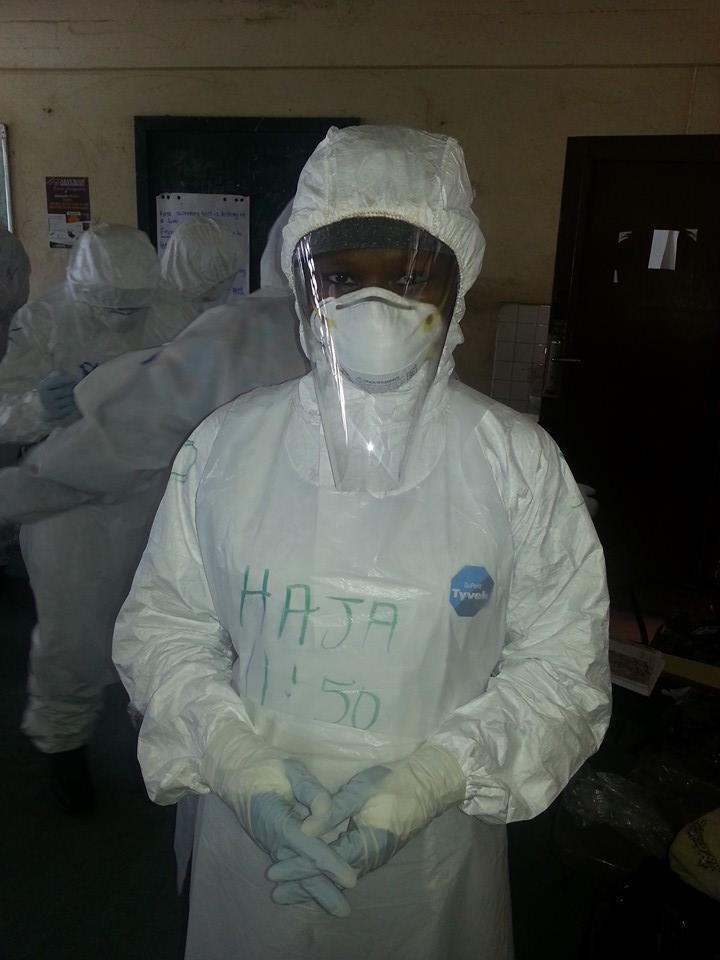‘Fighting a battle’: Ebola, health workers and the health system in Sierra Leone
 This working paper reports on ReBUILD’s project “Ebola in Sierra Leone: effects on health workers and the health system and lessons for future health system reconstruction”
This working paper reports on ReBUILD’s project “Ebola in Sierra Leone: effects on health workers and the health system and lessons for future health system reconstruction”
You can download the full working paper here.
Background:
The 2014 Ebola Virus Disease (EVD) outbreak evolved in alarming ways in Sierra Leone. The virus spread to all 14 districts and the country struggled to control the escalating outbreak against a backdrop of a health system that was already weak and over-burdened. Efforts made in the post conflict period to strengthen human resources have suffered a major set-back by the outbreak of Ebola.
There is a need to understand how the health system responded to the 2014-2015 Ebola crisis, from a health workers’ perspective: to unpick the factors that supported or hindered health workers’ ability to cope with the crisis, taking into consideration the experiences and perceptions of both frontline health workers and managers. These findings can be utilised in rebuilding the weak health sector in the post-Ebola phase, and for any further outbreaks of this nature as a longer term response.
This project is an extension of the REBUILD health worker incentive project, that explored the evolution of incentives for health workers post conflict and their effects on human resources for health and the health sector.
Objective:
The project aimed to understand the challenges to a responsive and resilient health system from a health worker perspective in the face of the recent Ebola shock, and how to build resilience to such shocks in the future. Specific objectives were:
- To understand health workers’ experiences of the Ebola crisis, and how it has added to previous challenges which they faced
- To explore the factors which helped some to cope, while others were unable
- To develop recommendations based on reinforcing these coping strategies and supportive systems
Conclusions:
This research is the first study since the Ebola epidemic to solicit the views of a wide range of health staff in four districts on their experiences of the Ebola epidemic, how it affected them, their health system, and their communities. It engaged health managers and staff (paid, volunteers and internationals) working in routine and Ebola treatment centres, and documented their views and experiences not just on the epidemic but also how they coped through it, and what they require in the months and years ahead.
This report documents a very painful period with moving experiences of staff as they continued to try to work and protect their households and communities. At the same time, it is clear that considerable reserves of health worker resilience were found. These patterns of resilience must be reinforced as the sector is rebuilt. Supportive supervision, peer support networks and better use of communication technology should all be pursued, alongside a clear programme for rebuilding trusting relations with community structures.
Health workers are at the heart of the health system, and therefore listening to their voices about what helps them stay and do their job in the midst of a crisis is vital for building a resilient and responsive health system. The challenge is building these coping mechanisms into routine systems, pre-empting shocks, rather than waiting to respond belatedly to crises.